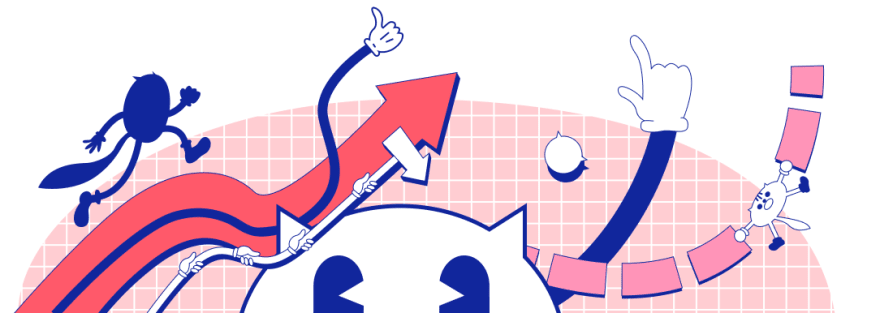How you can have productive retrospective meetings

faraz ahmad
Posted on January 15, 2021
If you're familiar with the Agile Methodology, you've probably been part of a retrospective meeting. Retrospectives can be an incredibly powerful tool for team growth, improving quality and effectiveness of your processes and products.
However, a lot of teams hate these meetings, and aren't getting enough value out of them.
I asked some software engineers why they disliked about retros, here's what they had to say:
"Having retros is my least favorite thing. It is frustrating when nothing changes as a result." - Ben Ilegbodu, Principal Software Engineer.
"I hate using paper and post it notes! It's not good for the environment and it's not good for tracking." - Randall Kanna, Software Engineer.
Here's a list of why your retrospective meeting is broken, causing your team could be falling short of their potential.
- Not creating a safe space where people can share honest opinions without being judged.
- Not reviewing the recent past.
- Not talking about things that your teammates think are important.
- Venting without brainstorming.
- Not following through on action items (no due date, no owner).
- Not having retrospective regularly.
Here are some tips that can help you run more effective retrospective meetings
Start with an ice-breaker. It helps set the tone early, and puts everyone at ease.
Creating a safe space takes time, and honest communication. By having retrospectives regularly, your team will get into a rhythm of having them. Even if the first couple feel draining, keep going! They will get better.
Give some time for teammates to vote & group items that are the similar. Often, different teammates are facing the same problem. If a lot of people are bringing this up during retro, it's probably a good indication that it needs to be fixed.
For every bad item, there should be a corresponding action item. This ensures that things that are brought up are being looked at.
When you create an action item, assign it a due date and an owner. If your team is bringing up problems, but no one is committed to fixing them, you will feel the retro burnout quickly. We like to handle action items in the forthcoming sprint.
In your following retrospective, follow up on the action items. This way you can assure your team that you hear them and that we are all working together to make their work better.
Retro automatically sorts items by like count
We decided to build Retro because the tools we were using weren't helping our retrospective process. We tried Google Docs and Trello, but an issue that kept arising was teammates all writing down the same problem, before reading the other posts.
To solve this, we implemented a like button, where teammates can +1 an item that they are also experiencing. Items with the highest count are automatically sorted to the top, so when reading through them, you'll see the most impactful ones first.
Get 2 months free of Retro by joining the newsletter
If you're interested in getting more tips on how to run effective retrospective meetings, as well as learn more about Retro, join our newsletter. As a thanks we will give you 2 months free!
Get 2 Months Free
Retro will be launching at the end of Q1 2021.
Till next time,
— Faraz
Founder & CEO of Retro

Posted on January 15, 2021
Join Our Newsletter. No Spam, Only the good stuff.
Sign up to receive the latest update from our blog.

